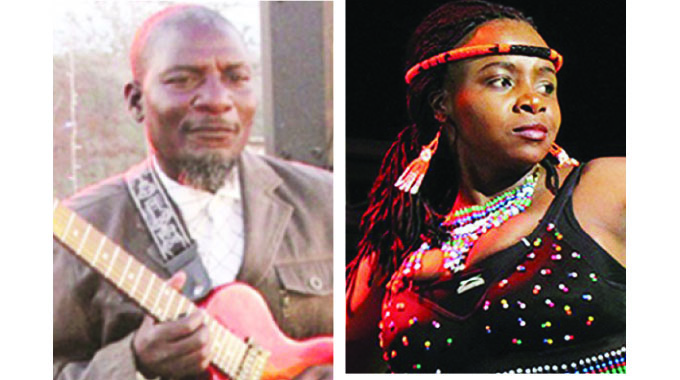UZ students bridge gap between theory, practice

Reginald Chirenje-Youth Interactive Writer
Language is one of the most important points for cultures around the world.
As relations across the world continue to grow with the help of many aspects such as advanced technology and connections between different people, cultures continue to grow as well.
As a result of this exponential growth of communication between people who speak different languages, the need for interpreters to help people understand each other has become prominent.
Many cultures do not share the same languages, resulting in immense obstacles of a language barrier.
The Ministry of Higher and Tertiary Education introduced education 5.0 which includes five major pillars, teaching, researching, community service, innovation and industrialisation to foster and forge ahead towards attaining the status of a middle bracket income by the year 2030.
Lack of professional court interpreters with knowledge of basic linguistic principles that govern language choices and its use in courtrooms compromised the quality of judgements around the world.
The University of Zimbabwe students who are doing translation and interpretation studies are bridging the gap between theory and practice through paying visits to translators who are in the field.
Their recent visit to Harare Magistrate Court with one of the lecturers from languages and linguistic department is a clear reflection which shows that in implementation of education 5.0, the University is bridging theory and practice.
“Such events are good platforms for the students to be well acquainted with the role of interpreters in the legal process, instead of conducting these types of lectures on campus.
“There is power in observation of practical acts such as court cases and interaction with seasoned court interpreters to the students,” said Mr Matende, one of language and linguistic lecturers. The presence of qualified interpreters is crucial in any community with multilingual settings.
“In most countries, there is use of English as the universal language hence there is need for interpreters. Besides facilitating with language, a court interpreter also plays a vital role in making sure that court proceedings are carried out smoothly without time wasting” said a student, Constence Mushayamano,.
In a globalised world, interpreters not only facilitate communication in different languages.
They also play a significant role in understanding one’s position, laws, obligations and opportunities by efficient interpretation.
They are very often bridging the communication gap in major issues individually and internationally. Interpreters often specialise in different areas, industries and services to communicate within their different languages.
“There is not much that has been done to encourage the development of translation and interpretation as a profession and discipline worldwide.
“This is because there is no enabling language policy in place and a wider spread assumption that translation, interpretation are resource wasting activities. I believe that will change soon” said Bridget Phiri, another student.
Hence without an interpreter people are unable to understand one another’s speech because of different languages.
The interpreters are not accountable for what is said by other parties who need to understand each other. However they are responsible for ensuring that the information is converted accurately into the desired language.







Comments